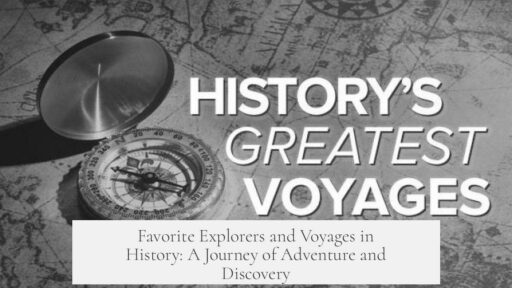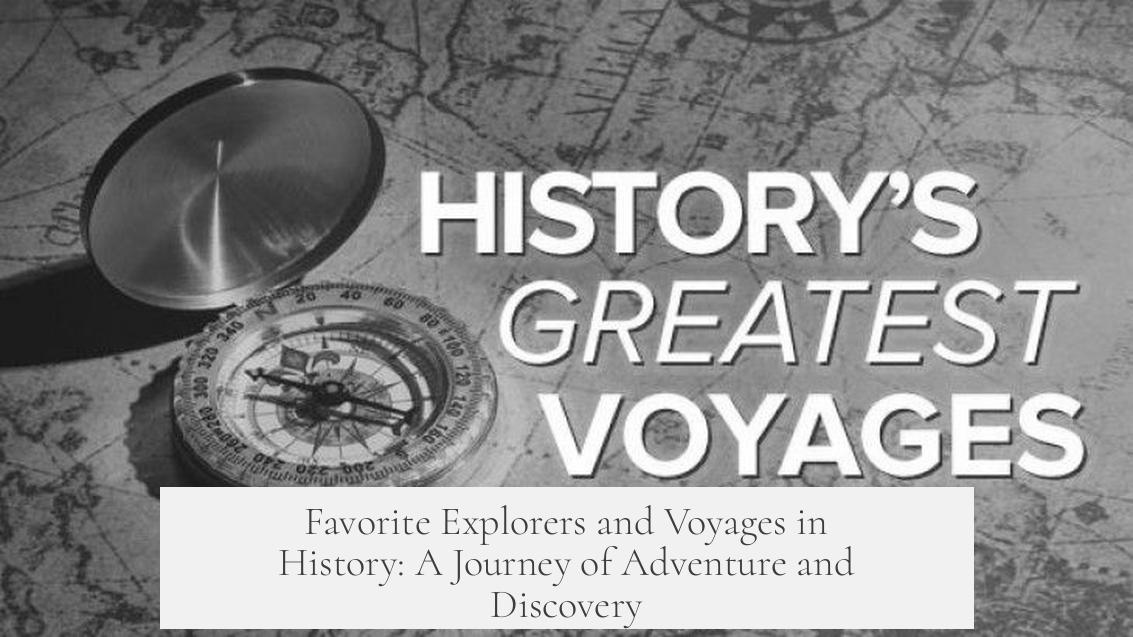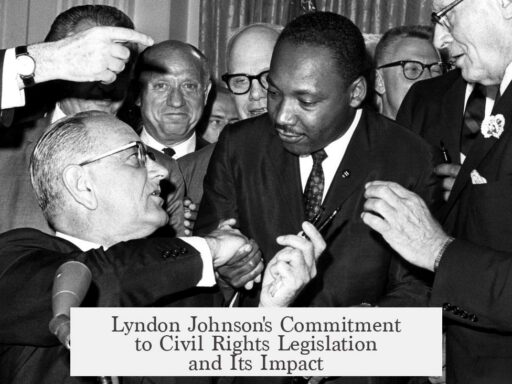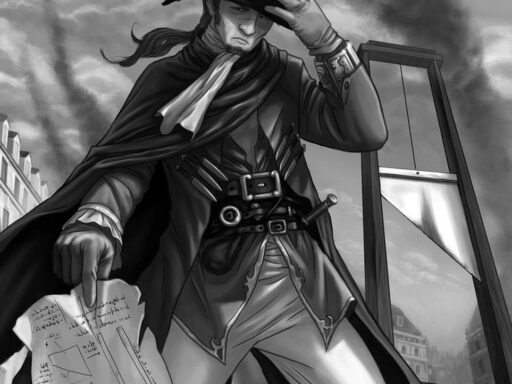Among the many remarkable explorers and voyages in human history, Captain Sir Richard Francis Burton stands out for his extraordinary skills, resilience, and cultural impact. His exploits include speaking over 20 languages, surviving a spear wound to the face, and infiltrating Mecca during the Hajj pilgrimage—a feat punishable by death at the time. Beyond these daring adventures, Burton translated monumental works like the Arabian Nights and the Kama Sutra, bridging cultural gaps between East and West.
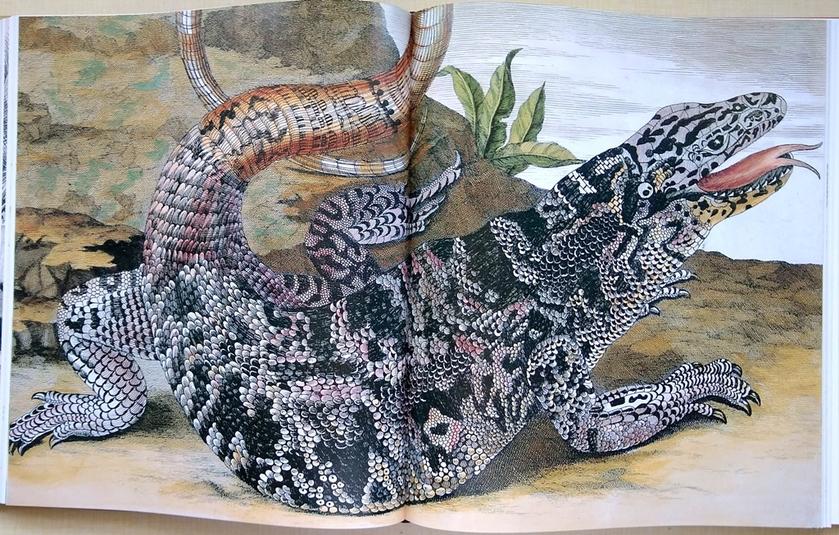
Burton’s endeavors exemplify the synthesis of linguistic mastery, cultural immersion, and physical courage that define profound exploration. No other explorer combines such a broad cultural influence and audacity in one lifetime. Burton’s covert pilgrimage to Mecca in 1853 remains one of the most daring acts in exploration history, highlighting his commitment to firsthand understanding rather than secondhand tales.
Yet, Burton’s is only one thread in the rich tapestry of exploration history. Others excelled in various domains:
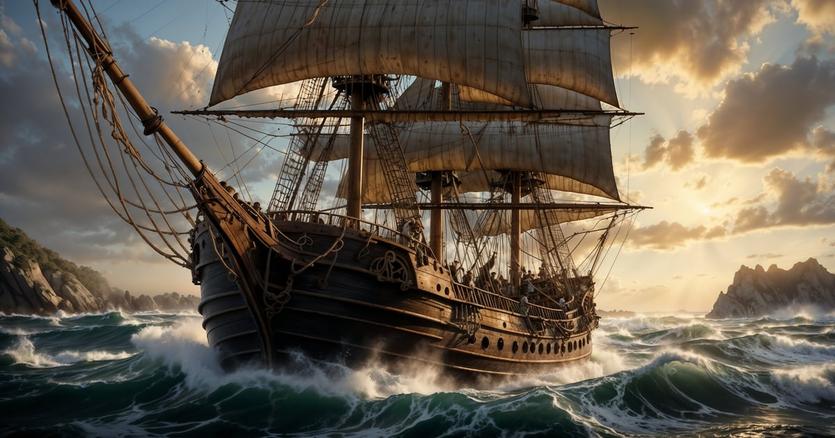
- Ibn Battuta journeyed for 20 years across Africa, the Middle East, and Asia, enduring wars and political turmoil. His extensive travelogue offers a rare glimpse into 14th-century societies.
- Ernest Shackleton
- Zheng He
- Ferdinand Magellan
- Major John Wesley Powell
- Gudrid Thorbjarnardóttir
Exploration also took a different shape in efforts like The Royal Philanthropic Vaccine Expedition (1803-1807). This mission focused on bringing the smallpox vaccine to the New World by vaccinating orphans onboard, blending humanitarian goals with traversal.
Space exploration carries on this tradition, with the Voyager probes pushing beyond our solar system. Voyager I, launched in 1977, became the farthest human-made object from Earth. It has sent back invaluable data, including the iconic “Pale Blue Dot” image, symbolizing humanity’s small place in the cosmos.
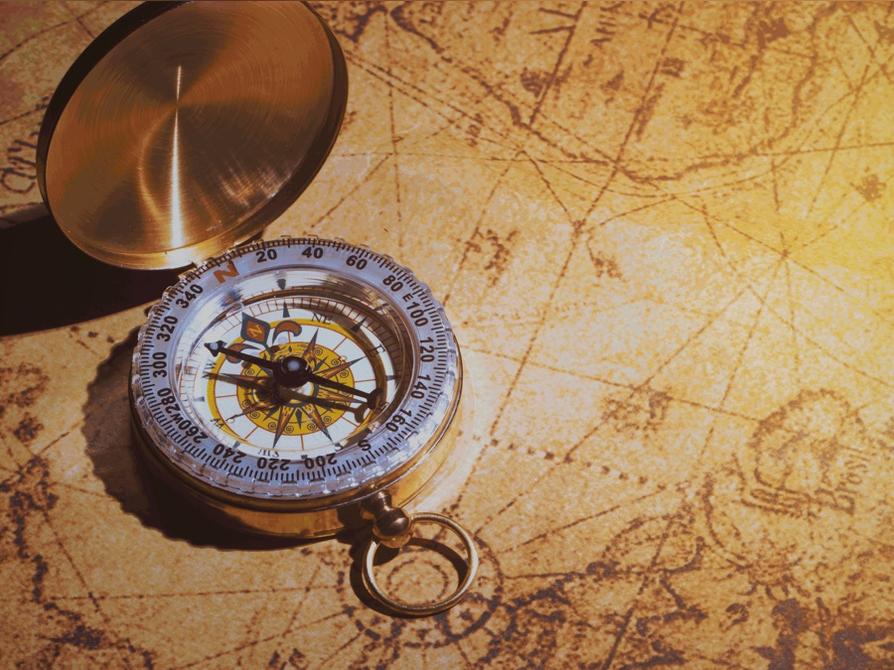
Table: Selected Explorers and Their Key Contributions
| Name | Era | Key Achievement | Significance |
|---|---|---|---|
| Captain Sir Richard F. Burton | 19th Century | Infiltrated Mecca, linguist, translated major works | Cross-cultural bridge; daring infiltration |
| Ibn Battuta | 14th Century | 20-year journey across Africa and Asia | Detailed accounts of medieval societies |
| Ernest Shackleton | Early 20th Century | Antarctic expedition; saved entire crew | Exceptional survival leadership |
| Zheng He | 15th Century | Naval expeditions to Africa and Asia | Early global maritime exploration |
| Ferdinand Magellan | 16th Century | First circumnavigation of the globe | Opened global sea trade routes |
| Voyager I Probe | 20th Century – Present | First human object to leave solar system | Extended human reach into space |
These voyages share common traits: intensive preparation, cultural exchange, confronting extreme environments, and expanding human knowledge.
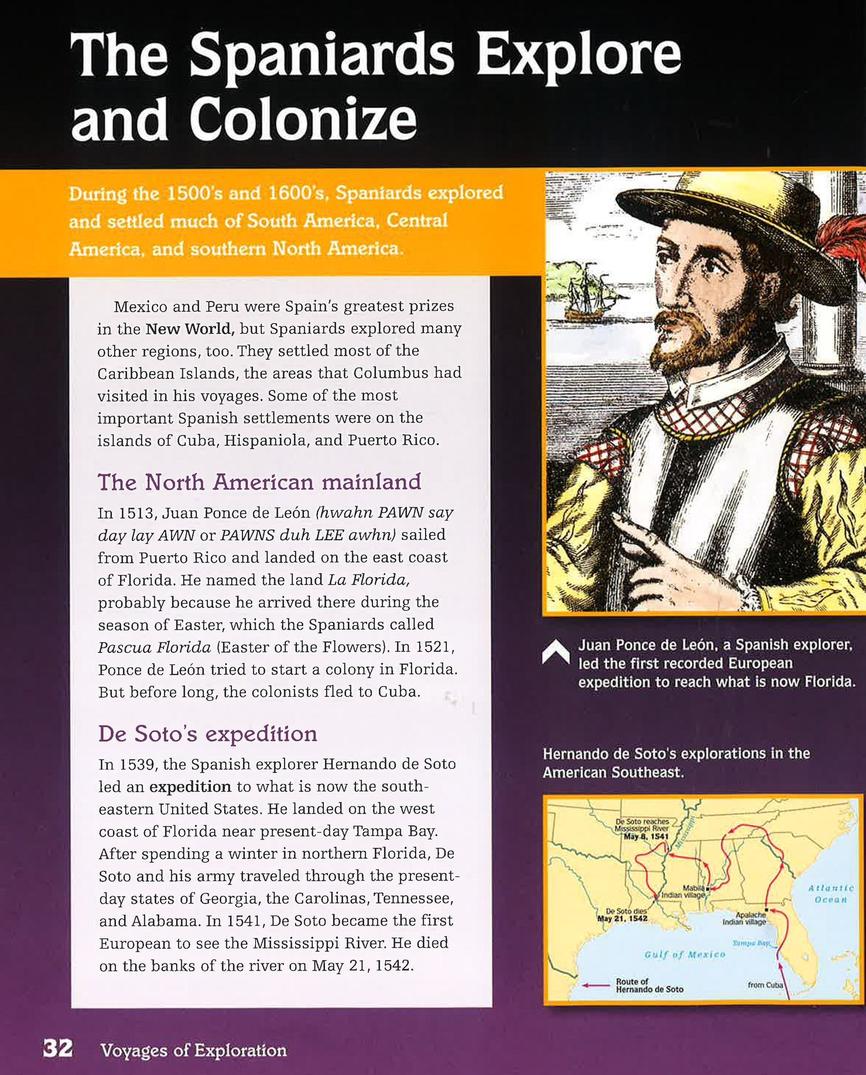
Explorers like Burton and Battuta provide ethnographic insights through immersive travel. Figures such as Shackleton highlight leadership under adversity. Navigators like Zheng He and Magellan revolutionized maritime geography. Modern probes like Voyager I represent humanity’s technological leap into space.
Human history’s favorite voyages often combine adventure with profound impacts on how the world is understood. Exploration enriches knowledge, reshapes geopolitics, and inspires generations. The stories transcend survival or conquest; they are about curiosity, courage, and communication between cultures.
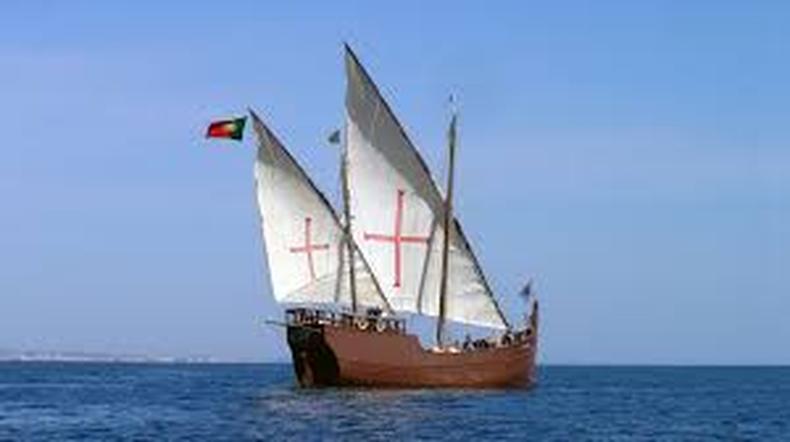
- Captain Sir Richard Francis Burton exemplifies linguistic skill, daring, and translation.
- Ibn Battuta traveled extensively through war zones and courts over 20 years.
- Ernest Shackleton’s Antarctic leadership ensured all crew survival during adversity.
- Zheng He’s fleet voyages extended China’s reach far beyond Asia.
- Ferdinand Magellan led the first circumnavigation, opening new trade routes.
- Voyager I embodies humanity’s historic leap beyond the solar system.
Your Favorite Explorer/Voyage in Human History: A Journey Through Extraordinary Adventures
If you ask which explorer’s voyage stands out the most in human history, the answer isn’t as simple as naming one. Every legendary journey shines with its own kind of brilliance, and picking a favorite? Well, it’s a tough call. Still, for sheer grit, survival against impossible odds, and leadership under frozen hellscape conditions, Ernest Shackleton’s Imperial Trans-Antarctic Expedition tops the charts. Shackleton’s crew didn’t reach the South Pole—they didn’t even cross Antarctica—but their story is about survival, not conquest. Stranded for 20 months on ice, their 27 men survived a frozen nightmare, led back to safety by Shackleton’s unyielding determination. Not a single life lost. Now that’s an explorer’s voyage worth remembering.
But that’s just one remarkable tale. Let’s unpack this rich tapestry of human exploration, from icy poles to uncharted seas and distant stars.
Ernest Shackleton: A Frozen Journey of Heroism
Imagine facing Antarctic storms so fierce your ship, The Endurance, gets crushed by ice. Nope, no rescue ships, no radio calls—just 27 men and Shackleton’s leadership. For almost two years, they survive on drifting ice floes and lifeboats. The biggest win? All 27 survive.
Shackleton’s story is a masterclass in resilience and leadership. He led his men through unimaginable challenges, including a desperate voyage in a small lifeboat across the turbulent Southern Ocean to seek rescue. It wasn’t about planting a flag or claiming land; it was about pure survival. That’s a legacy.
Captain Sir Richard Francis Burton: Linguist, Daredevil, and Cultural Gatekeeper
Talk about a Renaissance man of exploration. Burton, a 19th-century adventurer, spoke over 20 languages, survived a spear through the face, and covertly entered Mecca—a city closed to non-Muslims under penalty of death. That’s not just exploration; that’s undercover spy-level daring.
Add to that his translations of the “Arabian Nights” and the “Kama Sutra,” which introduced Western audiences to epic storytelling and ancient wisdom. Burton blends academia and adventure like no other.
Ibn Battuta: The Medieval Globetrotter
While Marco Polo’s tales get all the spotlight, Ibn Battuta’s 20-year journey covers a staggering spread: Africa, the Middle East, India, and beyond. Caught amidst wars, political intrigues, and shifting powers, he navigated complex social landscapes and chronicled life across vast terrains.
His travelogue offers a vibrant window into the 14th-century world, revealing human stories in places explorers often overlooked.
Magellan’s Voyage: The First Circumnavigation
Picture setting sail in 1519 on an uncertain global sea journey, only to have the captain killed halfway through. Luckily, Magellan’s expedition, despite all odds, becomes the first to circle the earth. It’s enduring proof that even if the leader falls, human curiosity pushes on.
Magellan turned theories about the earth into undeniable fact, mapping a new world of possibilities for trade and cultural exchange.
The Polynesian Odyssey: Masters of Ocean Navigation
The Polynesian voyages still leave modern explorers scratching their heads. How did small, ancient canoes cover thousands of miles across the Pacific to settle remote islands? The secret isn’t just technology but real skill in reading stars, waves, and winds without modern tools.
This human migration, dating back 50,000-60,000 years, blends maritime savvy and oral traditions that survive today, confirming an extraordinary connection across time and tides.
Voyager Probes: Humanity’s Longest Journey Into Space
Stepping beyond planet Earth, Voyager I and II represent human curiosity flung into the cosmos. Launched in 1977, these probes still send signals back, venturing beyond our solar system boundaries. Voyager I is humanity’s farthest dispatched object, carrying a “Golden Record” holding sounds and images of Earth.
Even if our species fades, Voyager is a cosmic message in a bottle, endlessly drifting through space. An epic voyage without a captain or crew, but no less impressive.
Major John Wesley Powell: The One-Armed Grand Canyon Pioneer
John Wesley Powell, a Civil War veteran who lost an arm, braved the treacherous Grand Canyon river rapids in wooden boats that faced upstream. The whitewater there has its own classification—trust me, it’s wild.
Guiding his expedition through dangerous currents and unknown territory, Powell’s voyage opened a gateway of knowledge about America’s rugged interior, blending courage and scientific inquiry.
Hanno the Navigator: The Carthaginian Pathbreaker
Hanno’s expedition beyond Gibraltar in the 5th century BCE set the bar for early maritime exploration. With 60 ships, he ventured into unknown Atlantic waters, encountered bizarre “hairy” island inhabitants (perhaps early reports of great apes!), and founded cities.
He even lends his name to a lunar mare—the Hanno Mare Australe. Talk about celestial recognition!
Squanto’s Journey: Bridging Worlds in 1615
Squanto’s story is unique— a Native American who traveled to major European cities in 1615, acting as a cultural intermediary during a time when different worlds collided. His real voyages shaped history in ways neither side fully grasped at the time.
The Royal Philanthropic Vaccine Expedition: Exploration with a Mission
A different kind of journey, this early 19th-century expedition aimed to bring smallpox vaccination to the New World. They preserved the vaccine by sequentially vaccinating orphans onboard their ship from Spain to the Caribbean. This wasn’t about conquest but compassion and science moving across the seas.
Burke and Wills: A Tragic Australian Tale
When explorers with little bushcraft experience chose to cross an enormous desert in Australia, tragedy struck. Out of stubborn ambition and flawed leadership, seven men died. But their story is a harsh lesson in respect for the land and local knowledge.
Lewis and Clark: America’s Storied Expedition
Their journey across the North American continent was a mixture of science, diplomacy, and survival. Sacajawea’s role as guide and mother added layers of resilience and grace to the mission’s success.
Captain James Cook: The Yorkshireman in Unknown Lands
Cook’s voyages hugely expanded knowledge of the Pacific and made first European contact with many island communities. And yes, imagining his accent greeting native peoples is amusingly endearing.
Final Thoughts: The Spirit of Exploration Lives On
From icy polar expeditions to ocean crossings navigated by star and wave, from daring treks into deserts to sending messages beyond our solar system, human history is a tapestry threaded with risk, curiosity, and unyielding courage.
Whether you admire the survival against deadly odds like Shackleton’s men, the linguistic and cultural immersion of Burton, or the sheer epic scale of Magellan’s circumnavigation, every voyage reflects the indomitable human spirit.
Next time you ponder your favorite explorer or voyage, ask yourself: what draws you? The thrill of discovery, the fight against nature’s fury, or the bridging of cultures? Each story has lessons that resonate today, reminding us that exploration—whether of lands, peoples, or ideas—is core to what makes us human.
So who gets your vote? Shackleton, Magellan, Ibn Battuta, or a silent voyager drifting between the stars? The choice reveals not just who you admire but what you value in the story of human endeavor.
